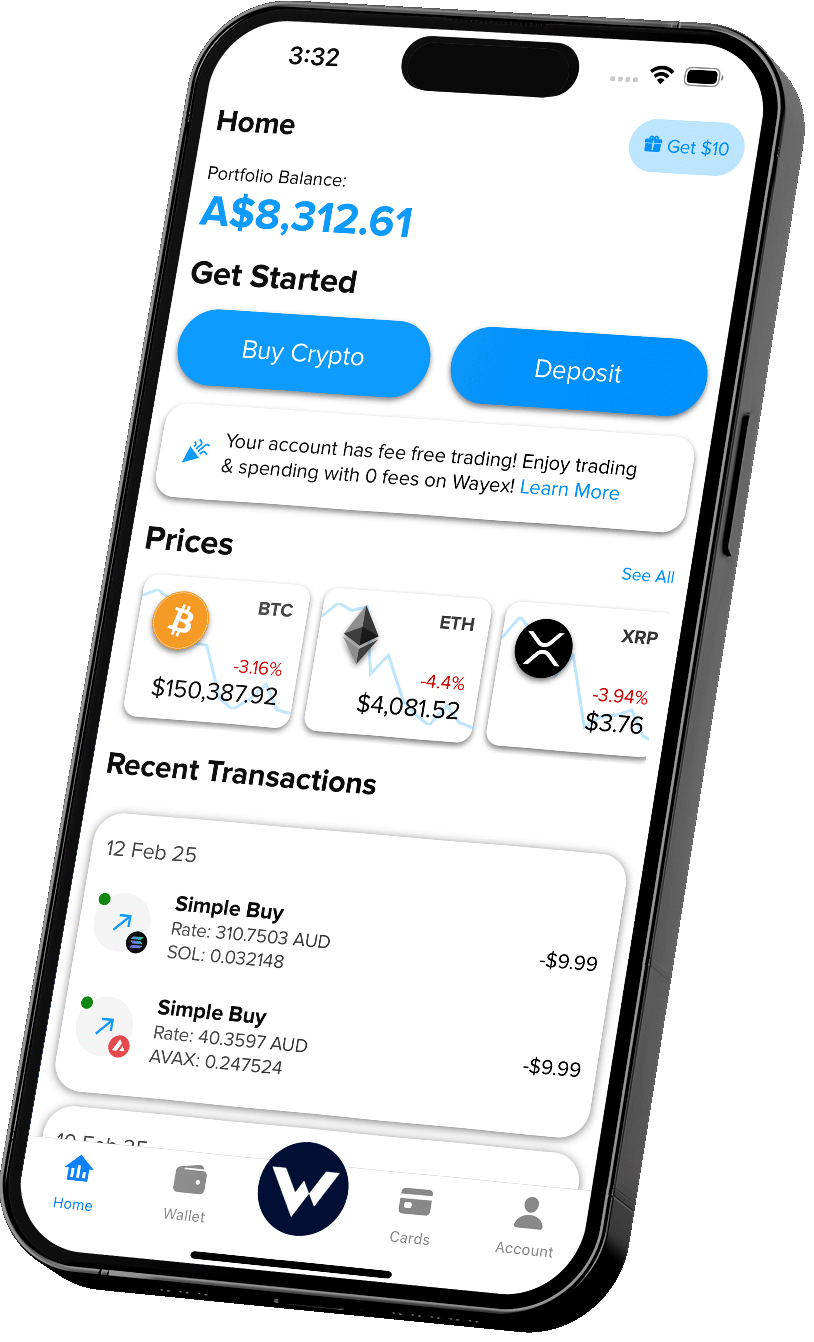
Blockchain technology, though initially designed for Bitcoin and cryptocurrencies, has evolved to enable a variety of applications across industries. With blockchain's core capabilities of decentralisation, transparency, immutability and automation, innovators are transforming traditional processes in areas beyond finance.
Diverse Sectors Adopt Blockchain

The decentralised, transparent, and dynamic nature of blockchain technology makes it well-suited for applications beyond cryptocurrencies and finance. Blockchain was first introduced in 2009 with Bitcoin, but its attributes have paved the way for broader adoption across sectors.
These sectors like supply chain, healthcare and real estate are embracing blockchain to solve long-standing industry pain points. Blockchain helps bring enhanced security, efficiency and trust in the following ways:
Healthcare
Secure and interoperable management of patient health records is enabled by blockchain. This reduces errors, lowers costs and improves coordination across providers. Additionally, the immutability of blockchain ensures the security, privacy and integrity of sensitive patient data.
For example, Medicalchain uses blockchain to securely store health records and maintain a single version of the truth. Different healthcare organisations like doctors, hospitals, and labs can request access to patient records with permission. This enables secure sharing of data and telemedicine consultations.
Supply Chain
Blockchain introduces end-to-end traceability of goods by tracking every movement on an immutable ledger. This ensures ethical sourcing, food safety and prevention of counterfeits.
For example, Walmart partnered with IBM to develop a food traceability system that tracks food from farms to shops on a blockchain. This allows rapid pinpointing of contamination sources to enable targeted recalls and reduce costs related to waste.
Real Estate
Smart contracts on blockchain make real estate deals more transparent and efficient by automating payments, paperwork and compliance checks.
For example, HM Land Registry partnered with ConsenSys to create a proof-of-concept for digitally transferring property ownership on the blockchain. They successfully executed the UK's first end-to-end digital transfer of real estate in just 10 minutes, compared to the average of 10-12 weeks traditionally
Government
The government sector has implemented blockchain for applications like digital identity management, voting, taxes, and public records.
For example, Zug in Switzerland uses a blockchain-based digital ID system for residents to access services and vote. This ensures secure and efficient handling of personal data, setting a benchmark for other regions to follow in digital governance.
Media & Entertainment
Blockchain is being used in media/entertainment for intellectual property rights management, digital content distribution, and royalty payments.
For example, Spotify acquired Mediachain to develop blockchain solutions for properly attributing and compensating artists. This approach aims to streamline the tracking and distribution of royalties, making the process more transparent and fair for creators.

Other Innovative Use Cases
Beyond the above sectors, blockchain has several other innovative applications:
- Digital Identity: Decentralised identity management gives users control over their personal data and digital identity.
- Voting: Blockchain brings transparency and security to electronic voting systems through encrypted, immutable ballots.
- Energy: Peer-to-peer energy trading is facilitated by blockchain through automated and tamper-proof transactions.
- Banking: Blockchain brings benefits like faster transactions and enhanced security to banking processes, along with helping unbank third-world communities.
Conclusion
As blockchain technology matures, its applications are rapidly expanding beyond cryptocurrencies. With its innate characteristics of security, openness and automation, blockchain is set to transform a multitude of industries. Though adoption is still early, innovators across sectors are navigating the path to blockchain integration.
**All information in this article is for informational purposes only. You should not construe any such information or other material as legal, tax, investment, financial, or other advice. Nothing contained herein shall constitute a solicitation, recommendation, endorsement, or offer by Wayex to invest, buy, or sell any coins, tokens, or other crypto assets. Any descriptions of Wayex products or features are merely for illustrative purposes. Past performance is not a guarantee or predictor of future performance. The value of crypto assets can increase or decrease, and you could lose all or a substantial amount of your purchase price. It is essential for you to do your research and due diligence to make the best possible judgement, as any purchases shall be your sole responsibility.










